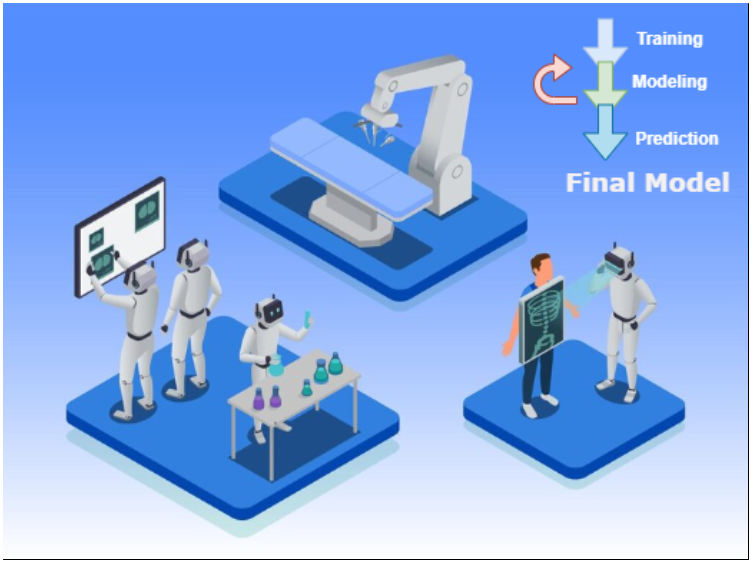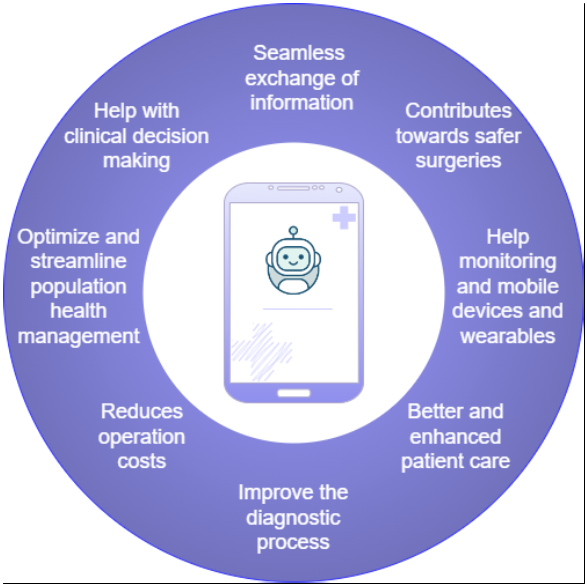Medical Diagnosis in Machine Learning
Regarding medical diagnosis, artificial intelligence (AI) is largely utilized for developing systems and approaches for proper diagnosis of diseases based on the patient’s history, medical images and physical examination with clinical measurements, detecting the underlying problems.
How reliable is artificial intelligence in medical diagnosis?
Via logical reasoning methods like ML algorithms, AI is changing healthcare by allowing diagnostics, medication discovery, individualized therapies, and modifying genes. Researchers have given AI permission to generate feasible possibilities and assess if symptoms may exist if the patient had a different condition. Regulatory control is also critical in guaranteeing the dependability and security of AI-powered medical diagnostic equipment.
Detection diseases
Based on several industries regarding medical diagnosis in ML, Stanford University has created an AI-based skin cancer detection method that uses a convolutional neural network to identify tumors and melanoma in massive data sets comprising 130,000 photos of skin lesions and over 2,000 distinct illnesses. Early discovery enhances survival prospects, whereas inadequate detection increases mortality rates. Hundreds of scan findings were tagged by researchers from Beth Israel Deaconess Medical Center and Harvard Medical School in order to accelerate diagnosis and improve reliability. The machine learning approach obtained 92% diagnosis reliability, which was somewhat lower than the 96% attained by humans. In the United Kingdom, Queen Mary University of London researchers employed artificial intelligence to evaluate blood samples from rheumatoid arthritis patients and predict their response to therapy. Novel biomarkers assisted clinicians in predicting the efficacy of several disease-modifying anti-rheumatic medicines. A group of researchers from the United Kingdom created an AI systematic approach that detects red flags for coronary occurrences by employing a novel biomarker called the fat radiomic profile to reduce heart attacks.
Pros and cons of ML in Healthcare with conclusion
- AI improves communication regarding healthcare.
- It provides real-time data by saving efforts and resources
- The disadvantages are that individual supervision is required.
- The possibility of an incorrect diagnosis might lead to unemployment with security threats
Future health anticipates information sharing, integration, accessibility, patient empowerment, behavior modification, and advances in artificial intelligence and robots to convert healthcare from illiberal medicine to proactive prevention.